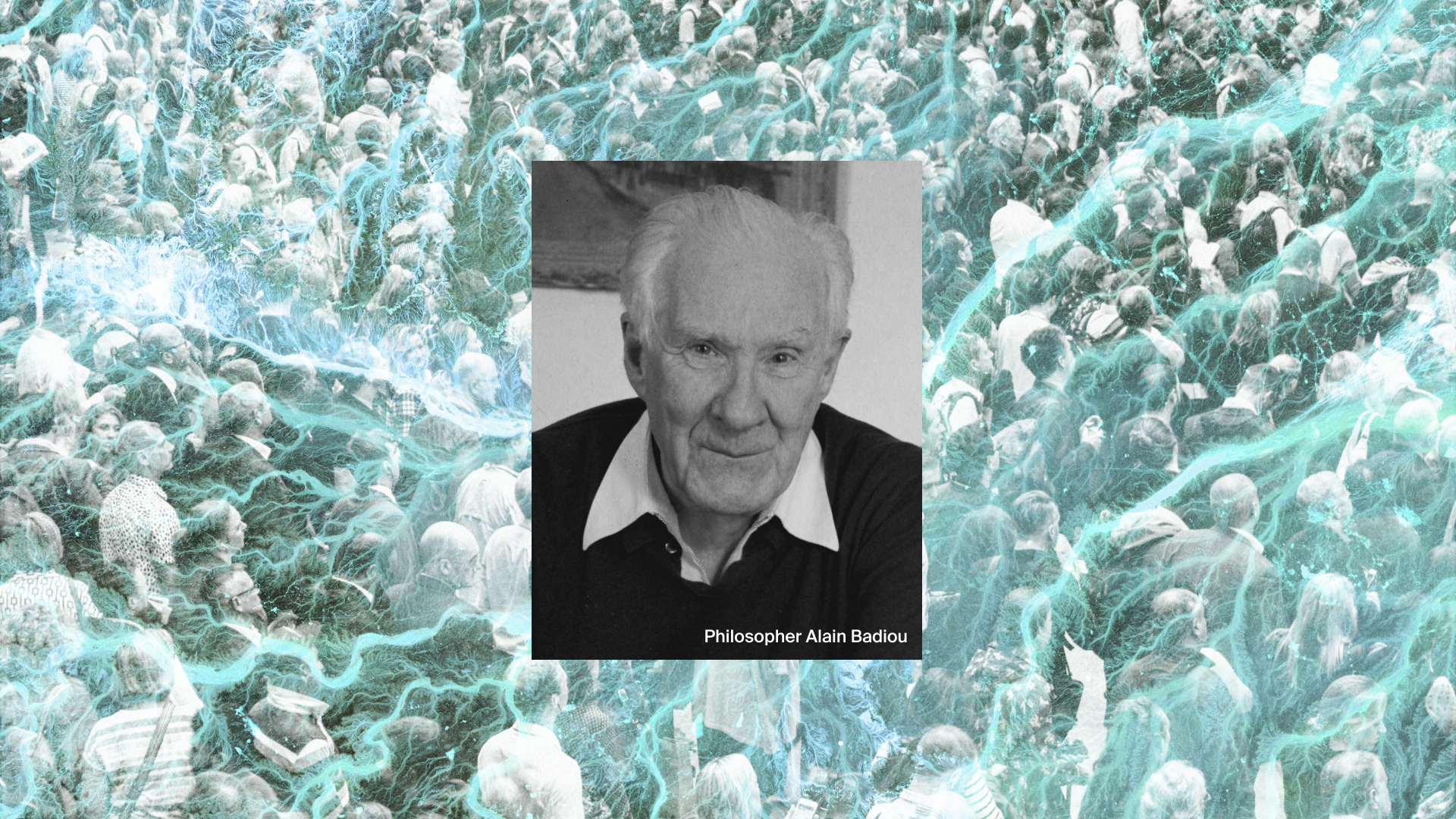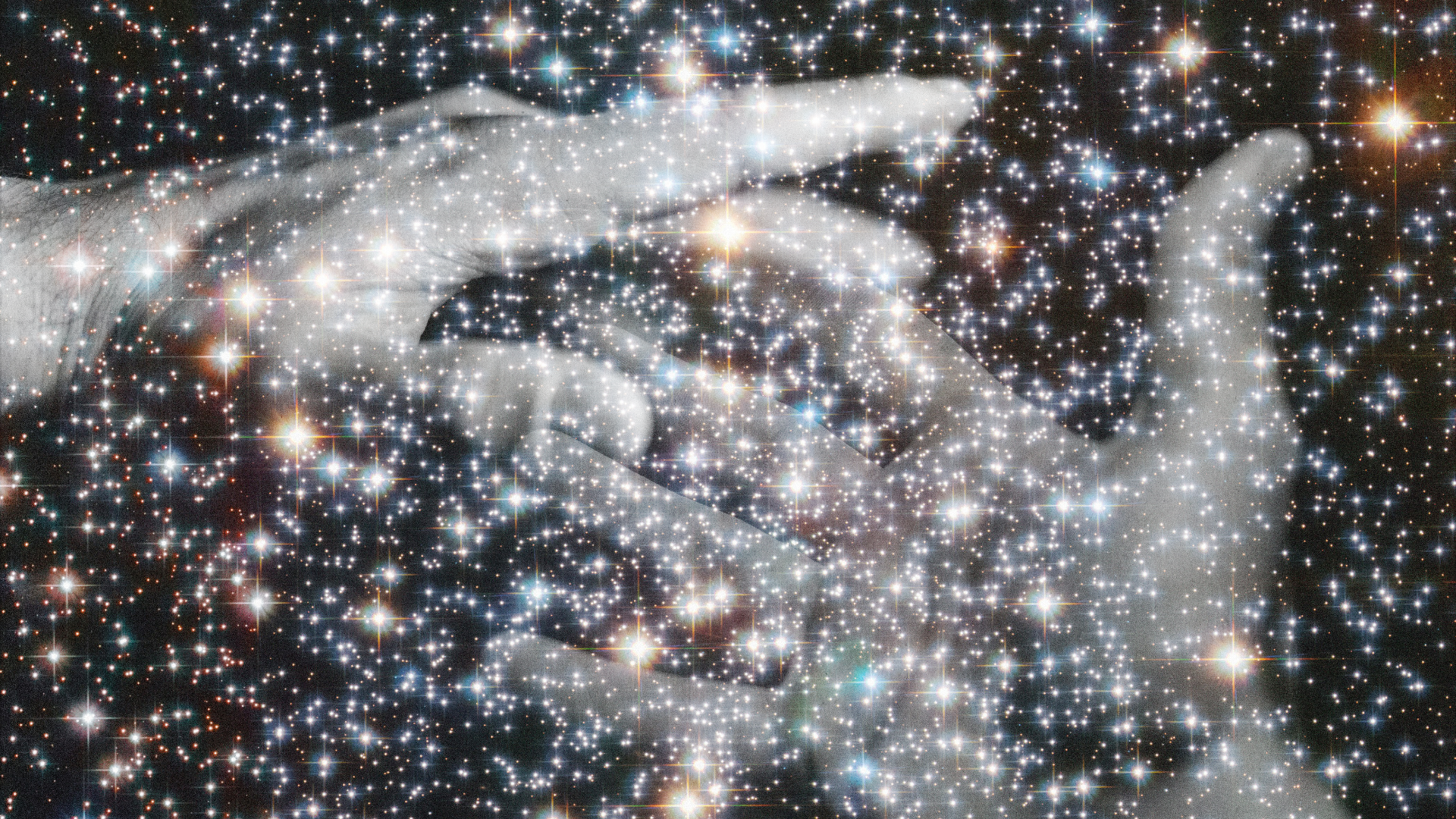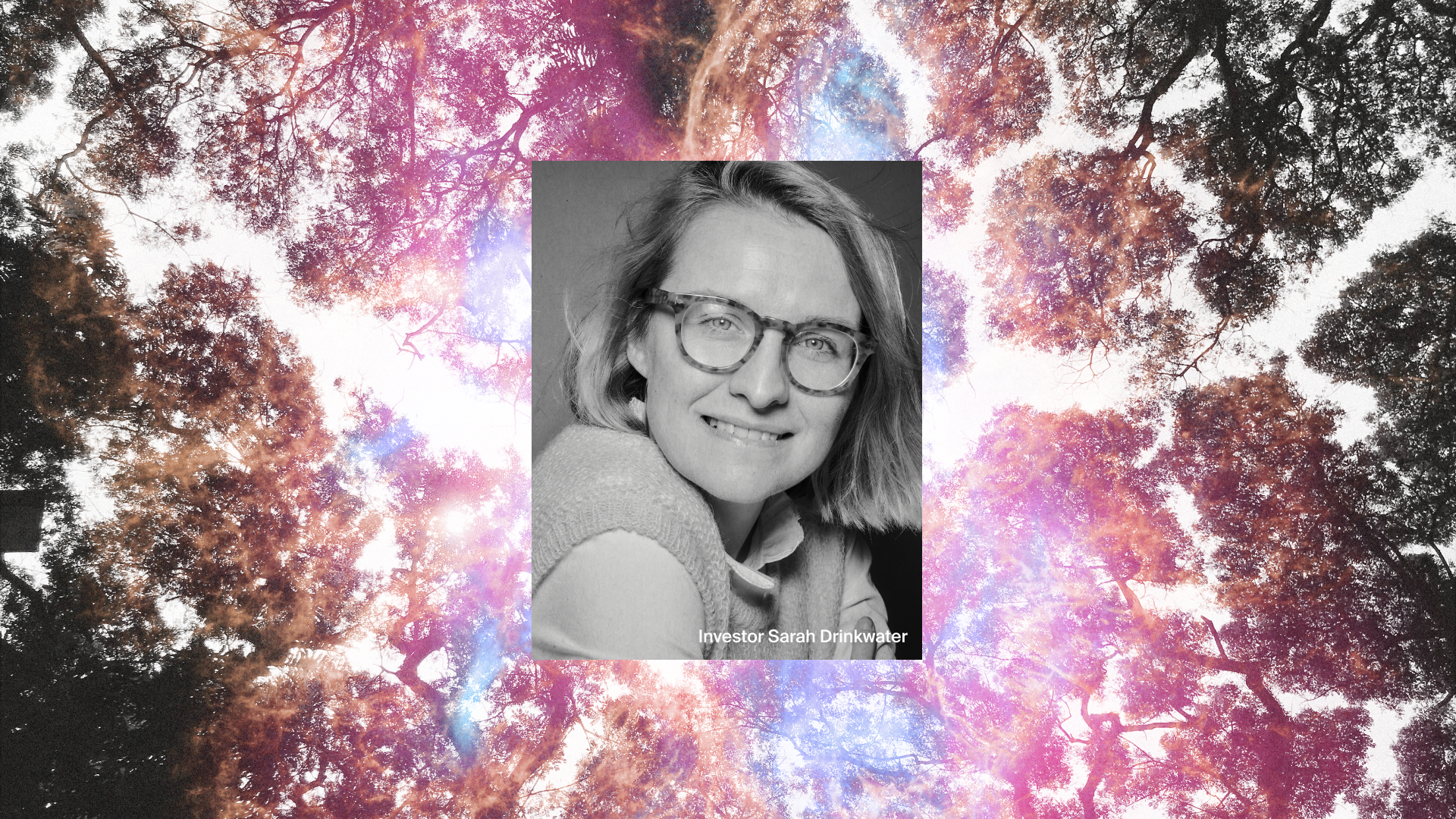What Makes For a Real Community

Community is one of those buzzwords that’s become so overused it’s starting to lack meaning.
We aren’t pointing fingers. At the House of Beautiful Business, we’ve certainly done our fair share of proselytizing on the joys and rewards of belonging to a group with a shared set of goals. But as the word becomes increasingly diluted, and its colloquial application keeps broadening, we’ve started to ask questions about communities that go beyond mere semantics.
Communities are often defined by their ability to invoke belonging—you are a part of a community when you feel that you are, and when other members recognize and accept that feeling. But for that recognition and acceptance to exist, they depend on their ability to be correspondingly denied and withheld. Communities may be liberating and inclusive from an insider’s perspective but, from the outside, they are only recognizable because they are exclusive, limited, and controlled. I know that I’m a member because it’s clear that you are not.
None of this should suggest we’re disavowing the term, but let’s consider what happens when we momentarily put aside our need to belong and accept an association that is more transient and improvised. The post-Marxist French philosopher Alain Badiou believes that our ethical engagement with the world can never come from clinging to allegiances of regionalism, identity, or nationality, but from the moment we let those go and encounter each other in charged moments of being. These gentle collisions may be artistic, emotional, intellectual, or political–what’s important is that they don’t require any predetermined common ground or affiliation. They are inspired and incidental, rife with strangeness and instability. Rather than deliver the predictable output of a collaboration among frequent partners, they have the potential to produce something new, unanticipated, and unprocessed—the kind of inchoate movement, idea, or philosophy that can shake us to our core.
A Crisis of Community
But the network recently discovered how difficult it can be to maintain cohesion during moments of discord. In a recent article, Impact networks in times of unparalleled division, Wasan members Valerie Marouche and Louisa Mammeri describe the fracturing their community experienced in the wake of October 7, 2023 and throughout the subsequent violence in the Middle East. They found their network suddenly “crumbling under the pressure” of its so-called values, unable to withstand internal friction and widespread feelings of moral injury. Whatever common ground their community stood on had undergone an earthquake, and they were left humbled amid the wreckage, unsure what to do next.
Japanese welfare communities have experienced a comparable depletion in recent years, but for different reasons. These networks of volunteer caregivers, composed largely of “young” pensioners, are a longstanding tradition in the country, and satisfy the demand for elderly care. But shifts in demographics, compounded by the fact that people are retiring later in life, have significantly decreased membership numbers. Leaders have been left to wonder whether these groups really amount to communities at all. What is the glue that truly holds them together? How can leaders create meaningful incentives to make that glue more adhesive?
A Luminous Big Bang
For community-focused investor Sarah Drinkwater, who’ll be speaking at Between the Two of Us in Tangier on belonging and human flourishing, utility is key to keeping a community intact. While she agrees that communities thrive when they foster a sense of belonging, she believes they also need to offer a clear value or benefit. As a business leader, Sarah is mostly thinking along the lines of an effective product or service, but there’s a throughline here with Badiou’s idea about making meaning. Both Sarah and Badiou are interested in communities insofar as they can be radical collisions that engender a value of their own.
What do you see when you picture a radical collision? We see a miniature–but luminous–big bang caused by the impact of colliding talent and expertise. We see a posthumanist scholar revolutionizing the design of an under-used community center by working with the architect on themes of inclusion and respect. We see a somatic choreographer reinvigorating employee engagement through a series of invigorating workshops. We see a documentary filmmaker giving a private equity expert a new perspective on the ethics of her investments. We see a cultural entrepreneur working with an AI specialist to create a learning platform that will be truly compelling to marginalized teens. We see a performance artist planning a dinner for legacy-industry CEOs. We see dazzling promise and opportunity, inflected by purpose, creativity, and ambition.
On a more immediate level, we see the House’s new partnership with Neol, an AI-enabled enterprise talent platform that reimagines how organizations access and manage talent. It’s a relationship we couldn’t be more excited about because it will bring hundreds of radical collisions to life. Neol will not only have access to our narrative and curatorial practice, but also to our community of more than 50,000 business leaders, creatives, artists, scientists, technologists, and activists. Select experts will join Neol’s platform to offer on-demand expertise, build project teams, and support organizations as fractional leaders.



